Researchers at the University of Toronto have, for the first time, turned waste cooking oil – from the deep fryers of a local McDonald’s – into a high-resolution, biodegradable 3D printing resin.
.
Using waste cooking oil for 3D printing has significant potential. Not only is it cheaper to make, the plastics made from it break down naturally unlike conventional 3D printing resins.
.
“The reasons plastics are a problem is because nature hasn’t evolved to handle human-made chemicals,” says Andre Simpson , a professor at U of T Scarborough’s department of physical and environmental sciences who developed the resin in his lab. “Because we’re using what is essentially a natural product – in this case fats from cooking oil – nature can deal with it much better.”
.
The plastic butterfly printed from the researchers’ cooking oil-derived resin showed features down to 100 micrometres and was structurally and thermally stable (photo […]
Case Study: How PepsiCo achieved 96% cost savings on tooling with 3D Printing Technology
Above: PepsiCo food, snack, and beverage product line-up/Source: PepsiCo PepsiCo turned to tooling with 3D printing...

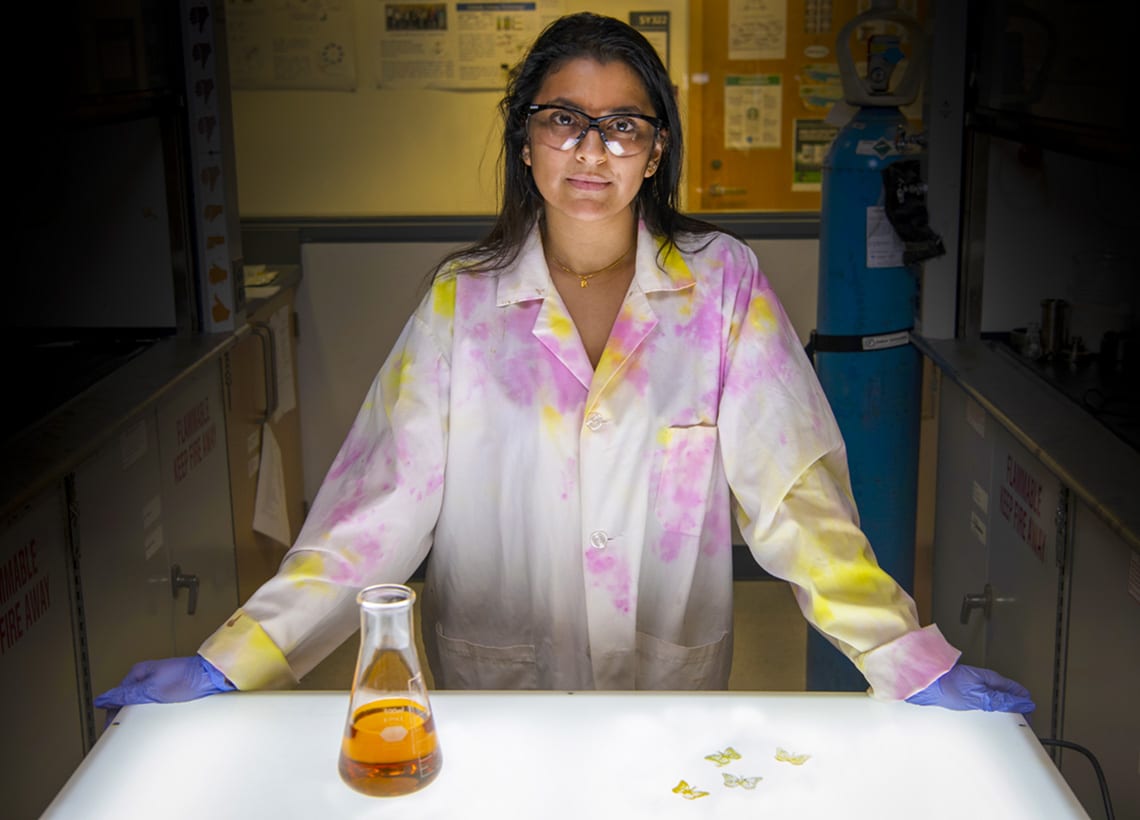
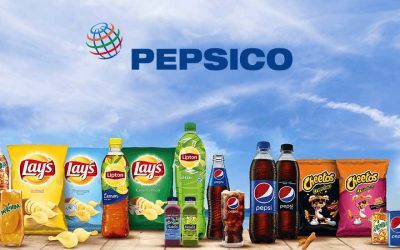
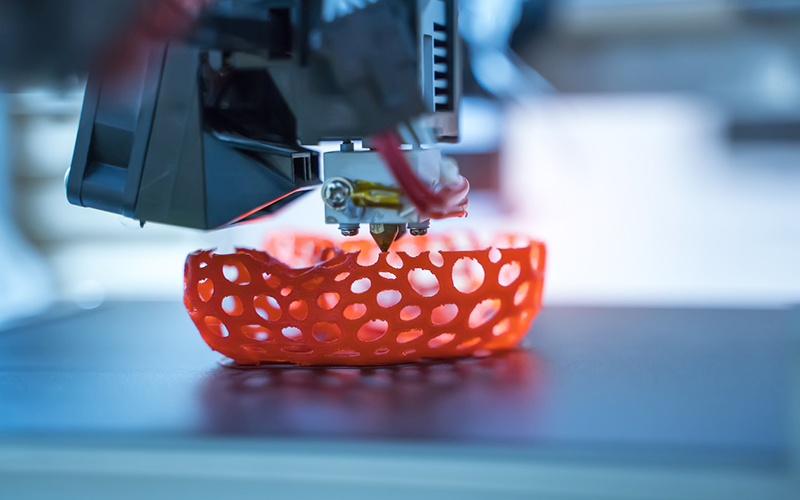

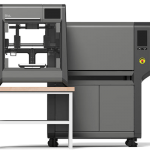
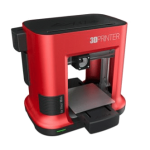
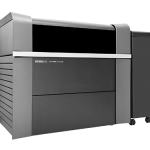
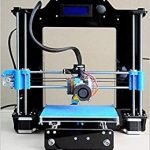
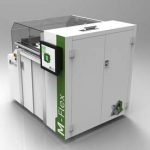
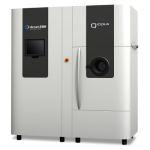



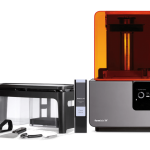


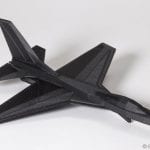
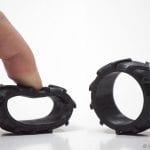
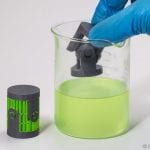
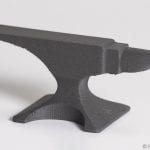

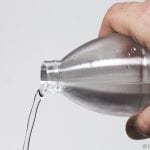

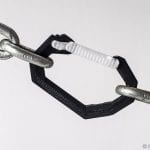
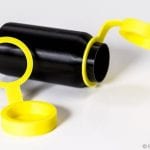
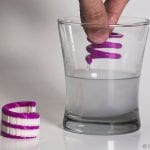



0 Comments